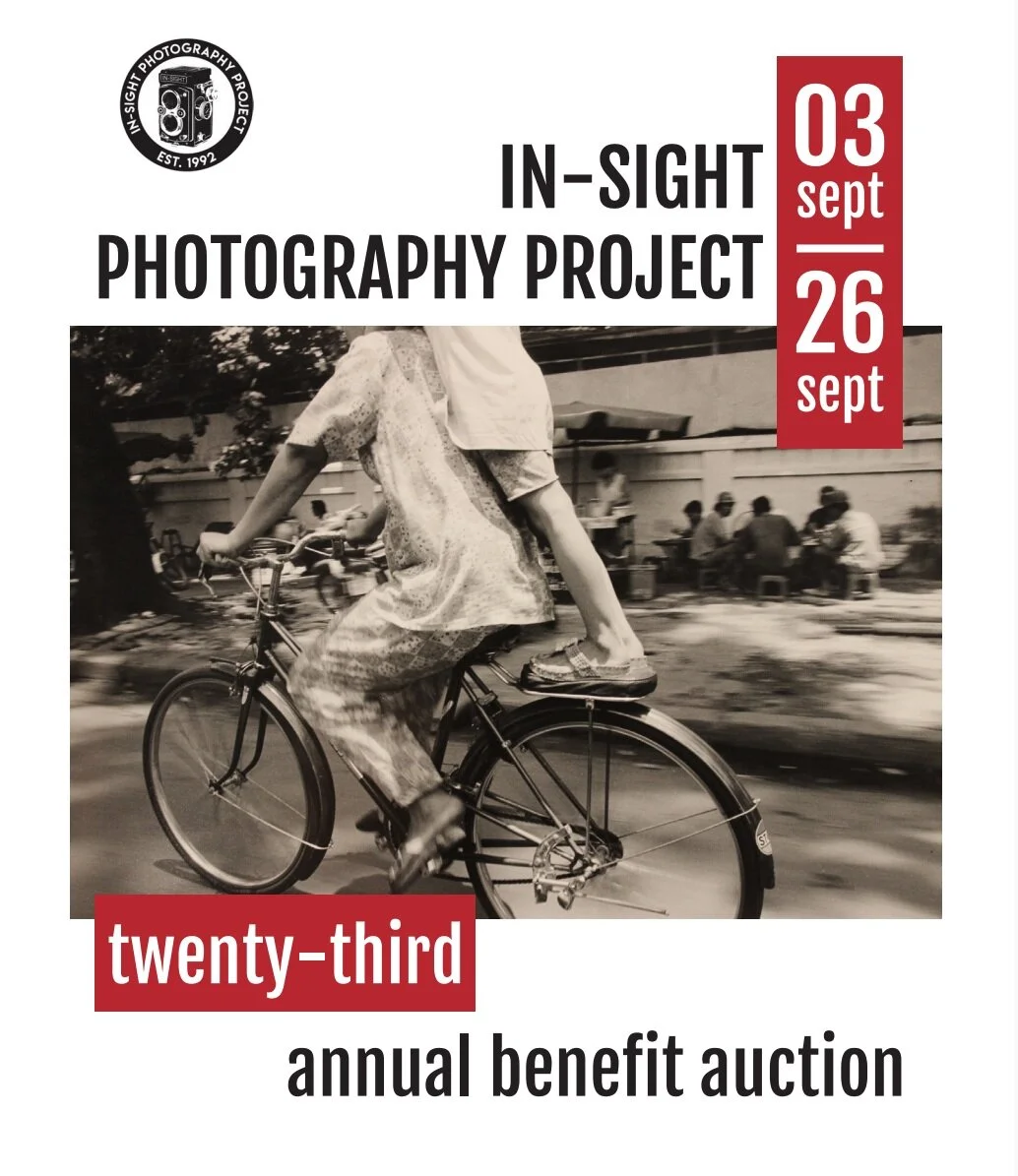Join us for an evening with Evie Lovett, presenting some of her recent cyanotype work from “I LEAVE THIS”. Lovett’s work will be on view in our Tiny Gallery for the month of May.
Evie Lovett spent the month of February 2023 at an artist residency in rural Rajasthan, India. The first thing she noticed when she entered the small town of Andore was the trash on the roadsides outside the village. There is no other means of garbage disposal in rural areas.
Andore faces the same problem that exists everywhere in the world: inadequate garbage disposal and recycling. In the US, the garbage truck whisks away our cans of trash and recycling every week. It becomes instantly invisible. In Andore, the plastic waste is there, by the side of the road, forever. Despite our patting ourselves on the back in the US for recycling, only 5% of plastic waste is recycled. 85% ends up in landfills. 10% is burned.
It’s an invisible hot mess in the US. It’s a highly visible hot mess in India.
During her time in Andore, Evie made art with each piece of plastic trash she generated, using the cyanotype process: a 180-year-old photographic process in which material coated with non-toxic light-sensitive chemistry is exposed to the sun’s light and developed in water, yielding a range of white to deep blue where UV rays trigger a chemical reaction. It was a way of turning to face, through art-making, the ugliness of her own and our society’s consumption and inability or lack of interest to address the problem of the waste we produce.
In the cyanotypes she made there is a dissonance between the formal equilibrium, even beauty, of the images, and the unnerving fact that it’s waste that created that beauty.
That the roads of Andore are surrounded by trash isn’t the community’s fault. It’s the fault of the governments and the global corporations that produce the plastic. It is their responsibility to find a solution for the management of this material, plastic, that can take 500 years to break down, particles of which have found their way into our waters and even our blood, with scary implications. Meanwhile, the plastic trash accumulates in Andore and never, ever goes away.




























